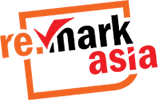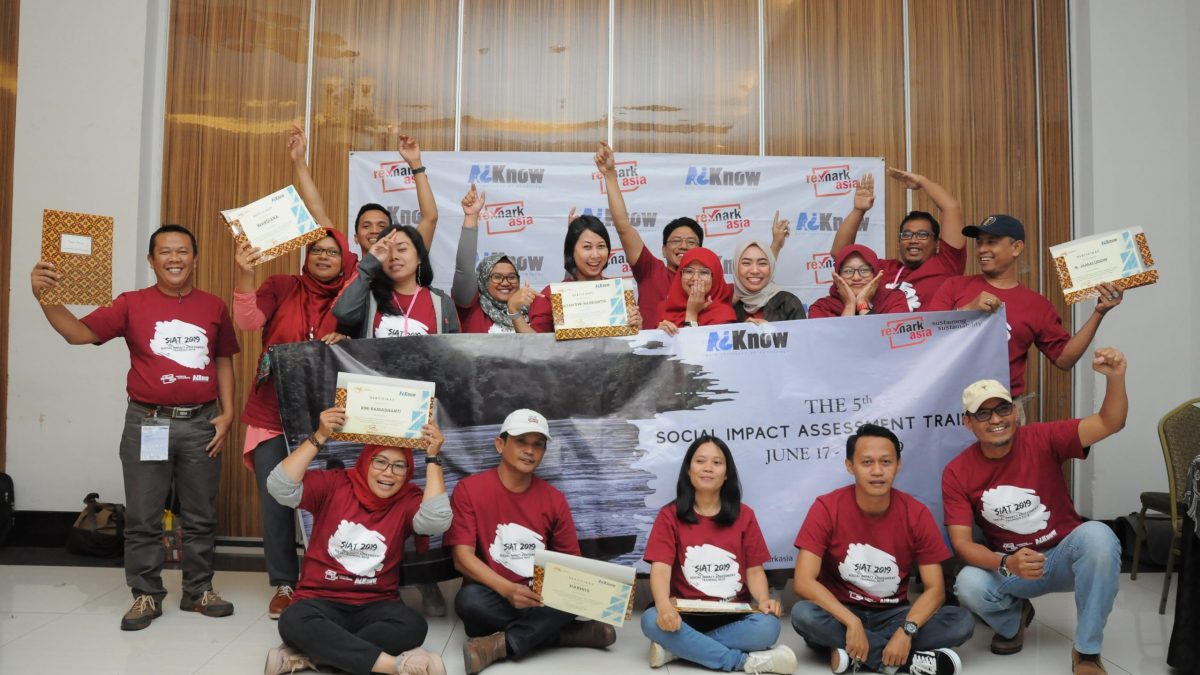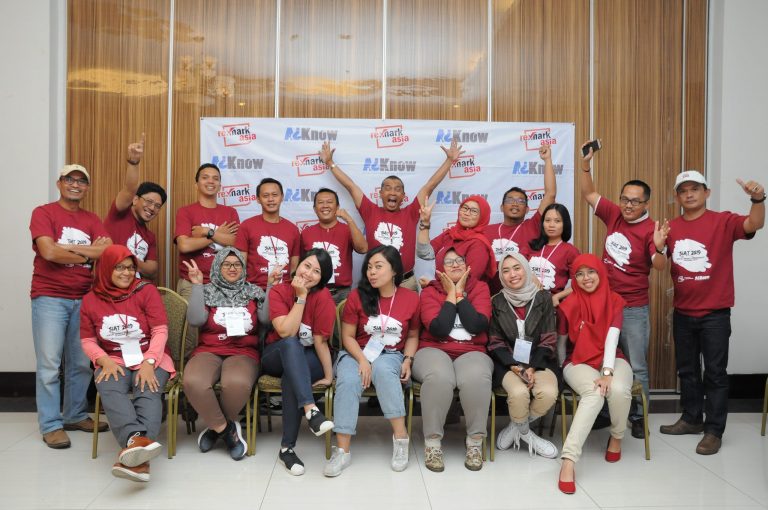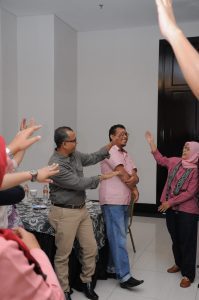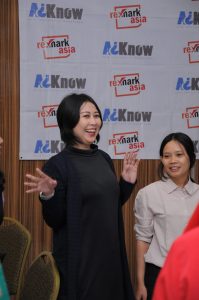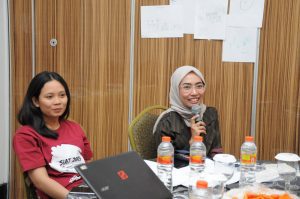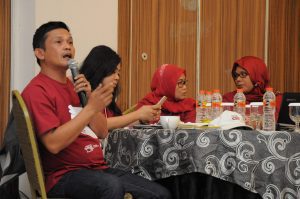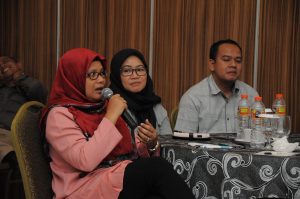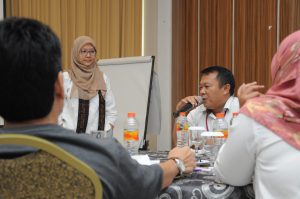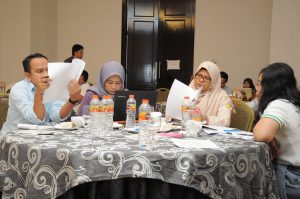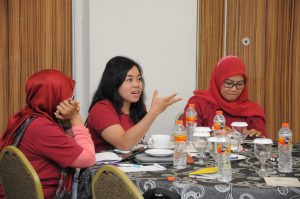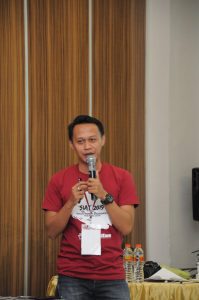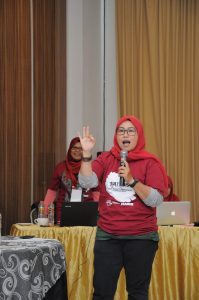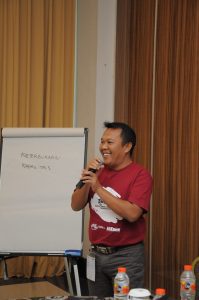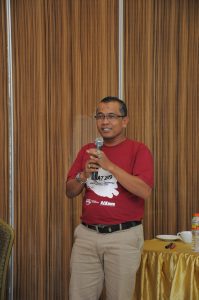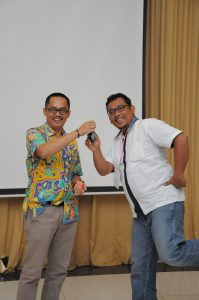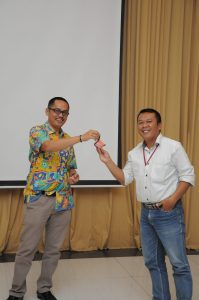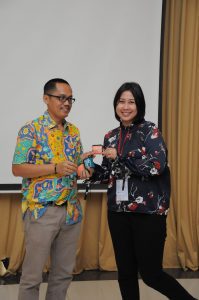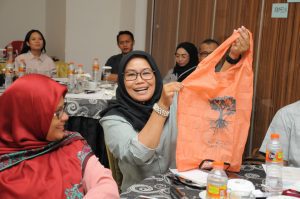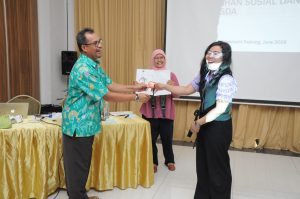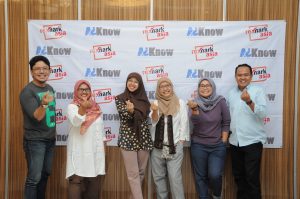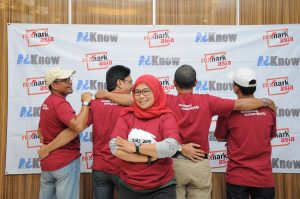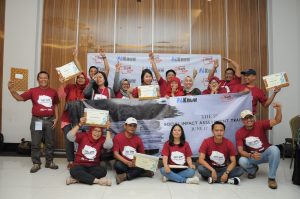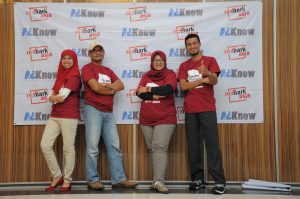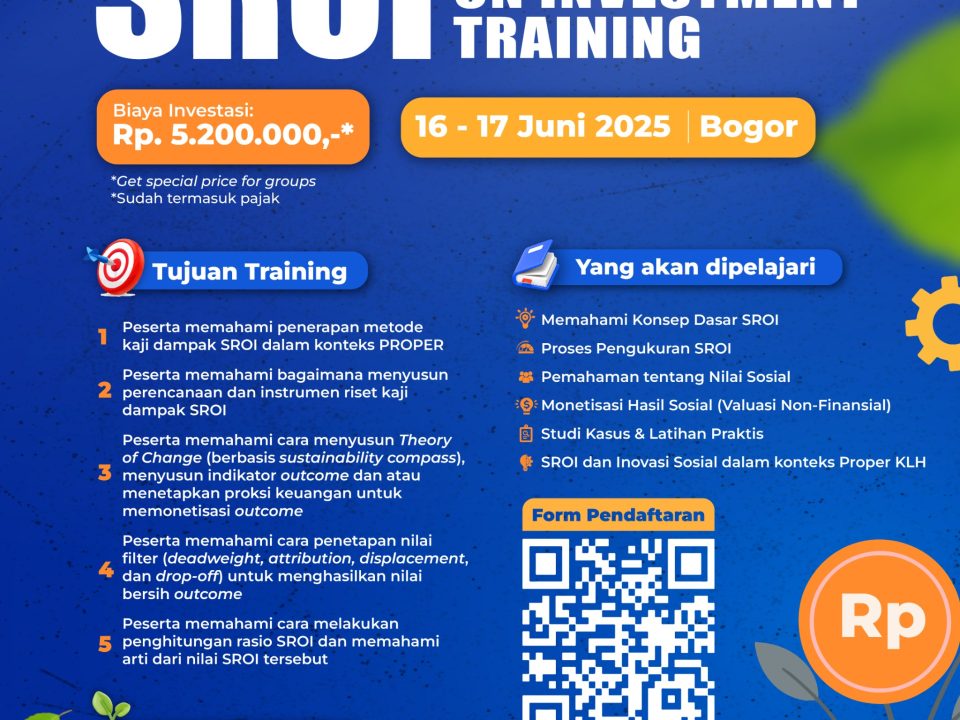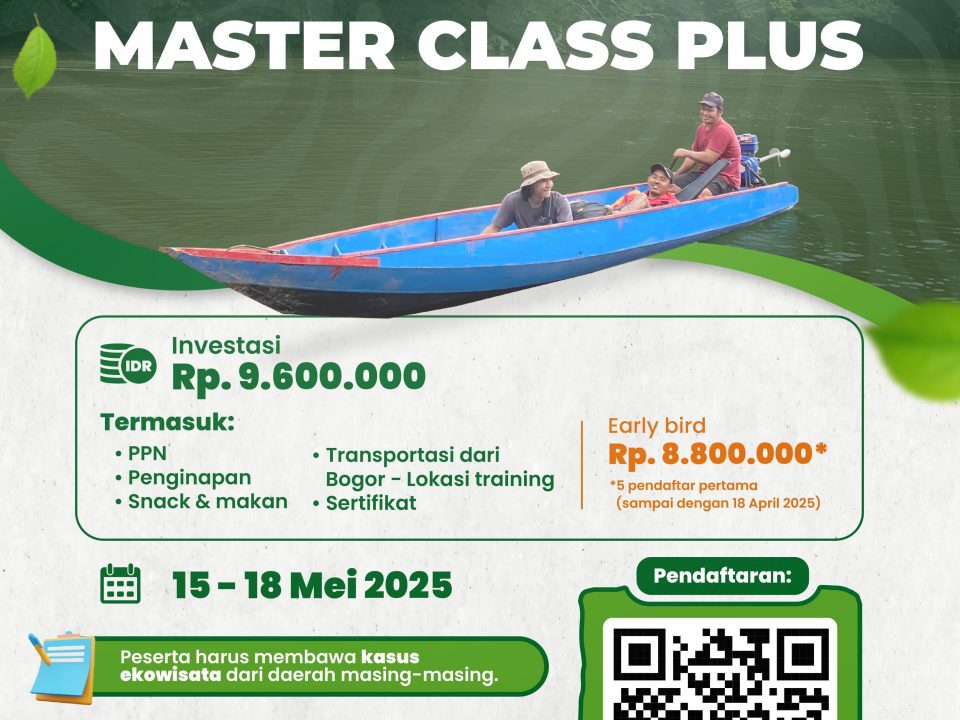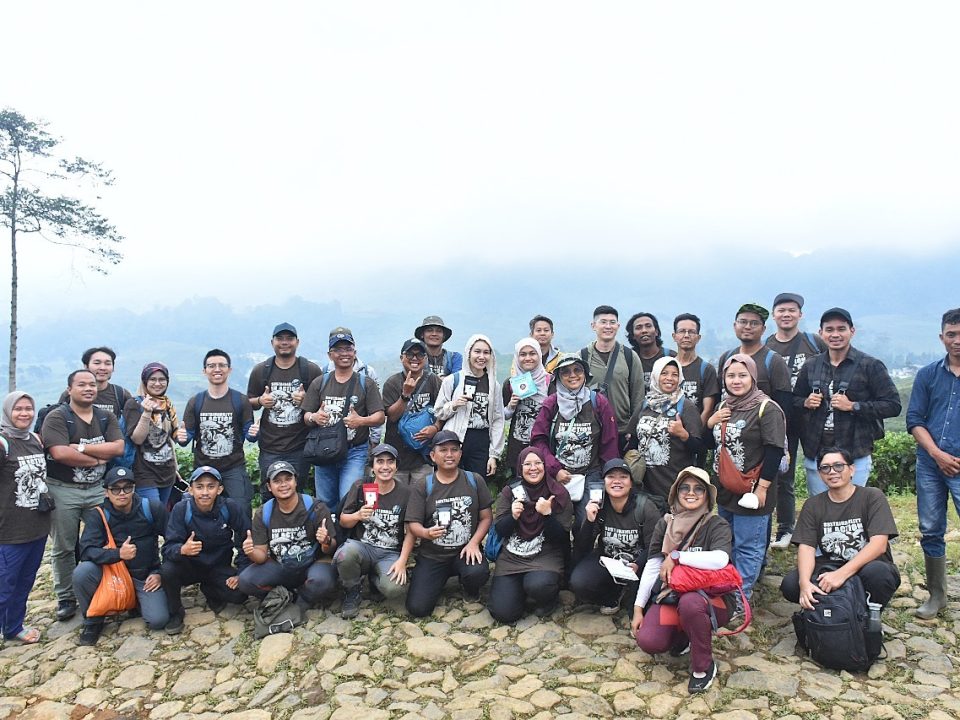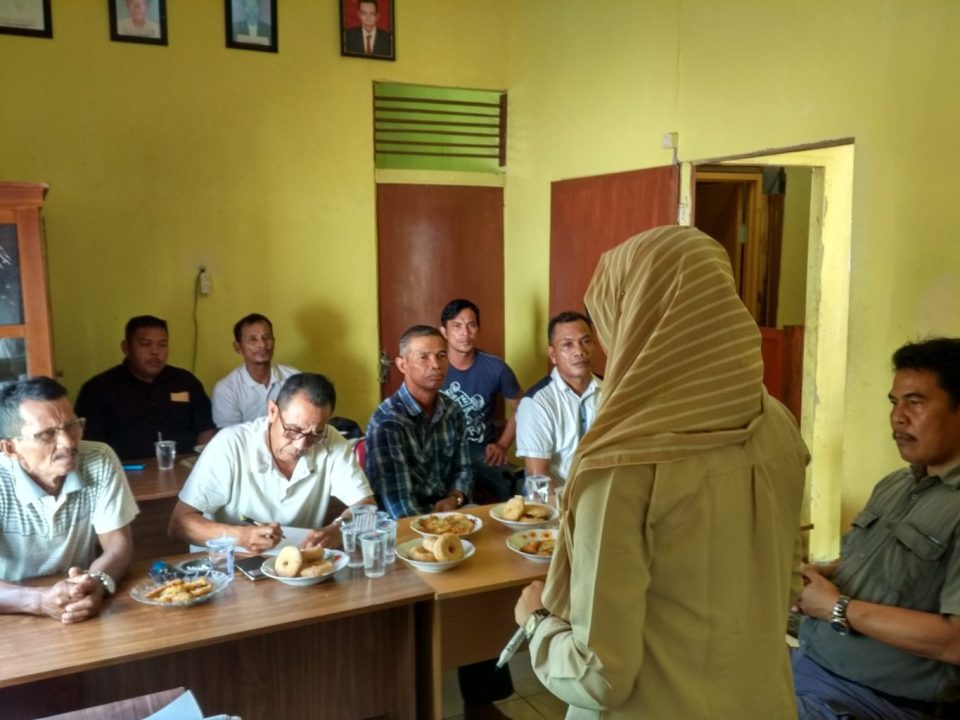Social Impact Assessment Training (SIAT) has been held by the Asia Institute of Knowledge (AiKnow) Remark Asia on June 17-19 2019. This is the fifth social impact assessment training since first held in 2014 in Ubud, Bali. The participants came from various oil palm plantation company and NGO such as Sinarmas Group, REA Kaltim Plantation, Sampoerna Agro, PT Bio Inti Agrindo, Genting Plantation Group, Mopoli Group, PT Arindhita Mega Kencana, and ScaleUp Association.
The trainers are Dwi R Muhtaman, Sutji Shinto, and Ahmad Zazali. Dwi R Muhtaman and Sutji Shinto are senior assessors for Social Impact Assessment, who has experienced in SIA since 2011, conducting the assessment in all over Indonesia from Sumatera to Papua. Ahmad Zazali is the Executive Director of Impartial Mediator Network (IMN), a network specializing in conflict resolution.
The training was beginning with a warm opening and friendly introduction using gesture games -where everyone should introduce themselves with unique gestures and the others must follow. With the right amount of fun and laugh, to make the participants ready to embrace the lessons that they are about to learn.
The trainers present the material as in the syllabus, start from Social Impact Assessment background, the update from RSPO Principle and Criteria on social management, until how to do SIA report (which aspects that crucial to be described). The participants are very excited to have this chance, that the class takes longer than usual because they have various unique cases to be asked to the trainers from each of their own experience.
Take a participant from PT Bio Inti Agrindo as an example. Their plantation area is located in Asiki-Merauke, Papua who have a complex issue when it comes to indigenous people and indigenous area. Here is the place where he can share his issue and get a recommendation for better management from the experts (trainers) and another fellow trainee.
This isn’t just a common classroom where people are learning from one side only. This is the place where participants and trainers can interact, discuss, and share experience from one place to another.
Other than presentation material, AiKnow team has also provided a case study to be analyzed in a group. Participants are divided into three groups -consider as a new consulting company who has been determined to assess one client’s- and they have to identify the relevant stakeholders, the interaction between each stakeholder, identify social impact potential and how to mitigate it, also they have to suggest the recommendation to be put together as a presentation material. The participants are then required to present their work, in front of everyone (as if a real public consultation).

